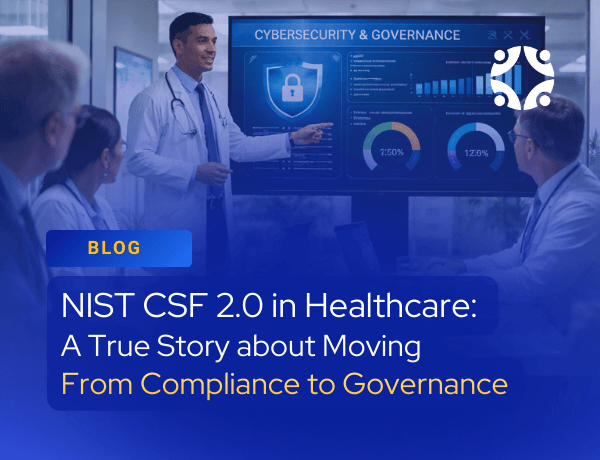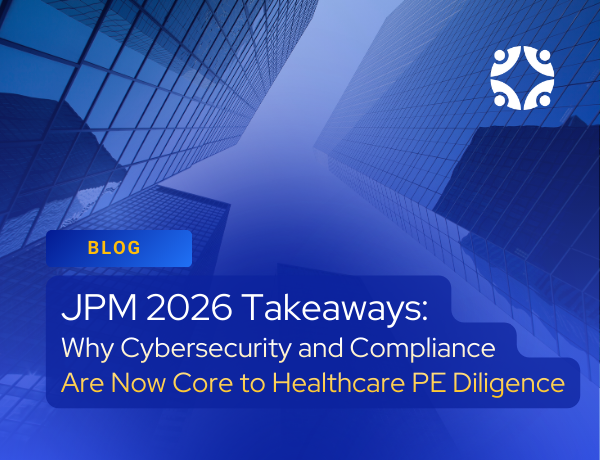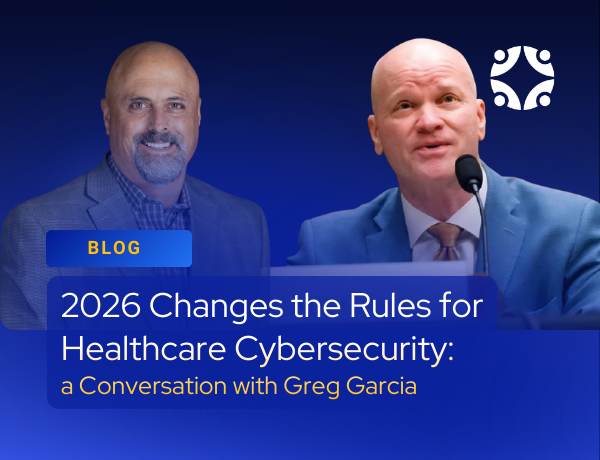Digital innovation in healthcare continues to march forward, with artificial intelligence (AI) attracting even more attention and contributing to funding patterns across product categories and therapeutic areas. With a strong close to this year, 2024 funding dollars and deal counts could exceed 2023 historicals. This sustained growth demonstrates a healthcare landscape eager for technological advancements and poised to adopt new solutions that can drive efficiency and improve patient outcomes. Investors and innovators alike are seizing this opportunity to make a lasting impact on healthcare systems worldwide.
Building on that momentum, during a recent panel discussion moderated by Clearwater CFO Baxter Lee, experts from Claritas Capital, Holland & Knight, and 25m Health agreed that the digital health sector is poised for increasing investment in 2025 and that capital should be available to companies that are performing well and can demonstrate measurable value creation through innovation and operational effectiveness.
Opportunities and Challenges in Digital Health
Tyson Bickley, a Partner with the law firm Holland & Knight who counsels private equity firms and healthcare organizations on a wide range of mergers, acquisitions, and strategic corporate transactions, emphasized that we are still early in the digital health revolution. He pointed to significant opportunities to innovate and address unmet needs within the industry. “Companies that are able to identify gaps in healthcare delivery and offer solutions that seamlessly integrate into existing systems will find themselves well-positioned,” Bickley said.
Ryan Macy, Vice President of Engineering for the health tech venture studio 25m Health, noted that it has never been easier to start a company than it is today. “The barrier to entry is lower and lower,” Macy said. “That makes the early stage market that much more competitive.” This competition is driving unprecedented innovation but also intensifying the pressure on startups to differentiate themselves through unique value propositions and strong business models.
Operational efficiencies remain a key area of focus, as both operators and investors look for levers that can be pulled to create value over the next five years. Claritas Capital Partner Tania Grant emphasized the importance of demonstrating strong unit economics, which will be critical as the market experiences significant re-valuation and increased mergers and acquisitions activity. “Investors are looking for scalability and financial sustainability,” Grant added. “Companies that can balance growth with sound economic principles will thrive.”
Cybersecurity Concerns can be a Deal Breaker
With cyberattacks continuing to plague the healthcare industry and the financial and reputational costs very significant, the panel emphasized the need for digital health companies to make cybersecurity a priority as they grow.
“Cyber is one of the top diligence concerns because it’s such a big dollar issue,” Bickley said. highlighting the financial and reputational risks associated with inadequate cybersecurity measures. He stressed that strong cybersecurity practices can often be the deciding factor in whether a deal moves forward.
Grant noted that cybersecurity concerns have caused deals to fall apart even at late stages of negotiation. “Organizations that fail to address vulnerabilities early on often find themselves losing investor confidence,” she explained.
Macy encouraged health tech innovators to reframe cybersecurity as an opportunity for value creation. “Investing in cybersecurity isn’t just about protecting assets,” Macy said. “It’s about building trust with both investors and end-users.” By embedding cybersecurity into their core operations, companies can differentiate themselves and create a competitive edge. As an example, 25m Health has partnered with Clearwater to provide its portfolio companies with cost-effective solutions for building the cybersecurity and compliance capabilities needed to succeed in the healthcare marketplace.
Focus on “Augmentative” AI
Of course, no digital health discussion would be complete without addressing AI, and the panelists all shared interesting perspectives on the evolving role of AI in healthcare, emphasizing its ability to augment human intelligence rather than replace it.
“The doctors that use AI will replace the ones who don’t because of the workflow efficiencies,” Grant said, adding that AI in healthcare is akin to where the Internet was 20 years ago.
Macy sees significant opportunity for “augmentative” AI that focuses on enhancing human intelligence as opposed to operating autonomously. “The problem is when people want to make AI the decision maker,” Macy said. “Keep it (AI) in the augmentative section. A human should always be the decision maker.”
Lee emphasized that AI needs strong governance. An AI use policy is a great starting point, and the NIST AI Risk Management Framework is also a helpful resource for ensuring your organization is appropriately addressing potential risks.
Conclusion:
The digital health landscape is entering an exciting new phase, with 2025 poised to bring significant opportunities for growth and innovation. As investment in the sector increases, organizations that focus on cybersecurity, operational efficiency, and augmentative AI will be best positioned to succeed. By viewing cybersecurity as a means to build trust and create value, innovators can stand out in a competitive market and gain the confidence of investors.
The panel’s insights highlight the importance of balancing technological progress with strong economic principles and effective security measures. For healthcare innovators, the takeaway is clear: prioritizing these areas today will drive the advancements that define the future of digital health.
If you’d like to dive deeper into these insights or discuss how they might apply to your organization, feel free to reach out to us.



